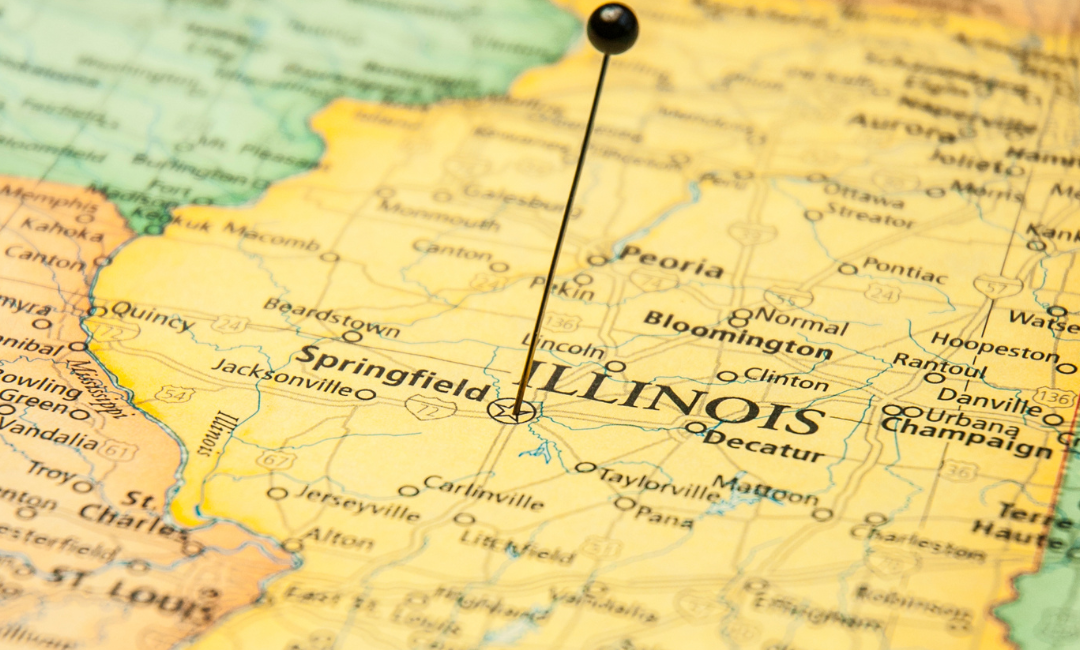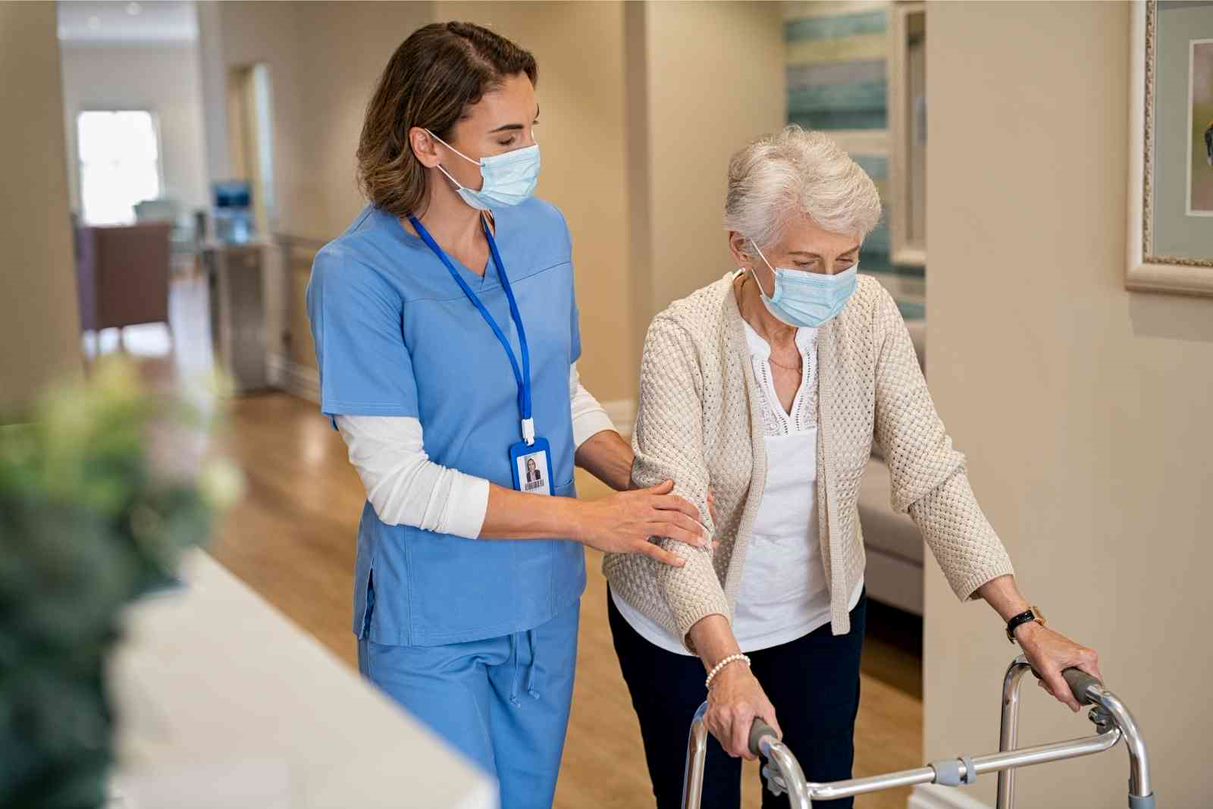COVID-19 has impacted us all – both in our professional careers and our personal lives. This has been a truly unique year for healthcare; we’ve managed an emerging infectious disease and mastered infection prevention, isolation precautions, and the art of uplifting patients and residents who been without in–person visitation for nearly a year. And for me, this was done while working in a COVID-19 impacted nursing home.
I work in skilled nursing, a field that has received a lot of negative feedback over the past year. I would like to shed some light on these critiques as someone who has lived through skilled nursing during a global pandemic. This won’t be politicized; I would just like to share my experiences and my point of view.
Working in a COVID-19 Impacted Nursing Home
When the virus was first discovered, we watched from afar as it rampaged through Italy. We were surprised weeks later, when it hit the United States. The first major outbreak was in a skilled nursing facility (SNF) in Washington state, this led to accusations of lack of awareness of COVID-19, poor conditions at the facility, and uneducated staff members. This sentiment was then applied to all SNFs and many believed that we were not good at our jobs – which is obviously incorrect.
I’d like to pose a question: If this had occurred at an acute hospital do you believe that the entire field would have received the same type of critical backlash?
Most likely, not.
Without SNFs the continuum of care would cease to exist, acute hospitals would be overrun with patients who are well enough to discharge but not well enough to go home. What do we do at that point? How do we plan for a future pandemic? How do we ensure that all levels of healthcare have the support they need to provide the best care?
In the past year, I’ve watched individuals in SNFs put their lives on the line, working 36-hour shifts and sleeping in a hotel (to protect their family), then come back and do it over again – for weeks at a time. I’ve seen nursing home administrators cry, riddled with guilt, because they could not find enough PPE for staff. I’ve witnessed nurses try to get around self-isolation protocols because they don’t want to leave their residents and coworkers without support. I’ve experienced SNFs implementing telehealth options to ensure residents had access to virtual visits by physicians. I’ve taken part in a rebuilding of infrastructure to better accommodate virtual visits with friends and family.
I’ve seen more care, compassion, and selflessness in the past year than I’ve ever experienced. As we start to see the decline in COVID-19 cases, I’d like to remind everyone: we are not done yet. We’ve still got a long journey before we can rest assured and, from now on, COVID will always be a part of our lives.
Stay diligent, be compassionate, and take time to reflect on what this past year has meant for you. No matter what healthcare setting you work in; you’ve made a difference. You’ve saved lives.




